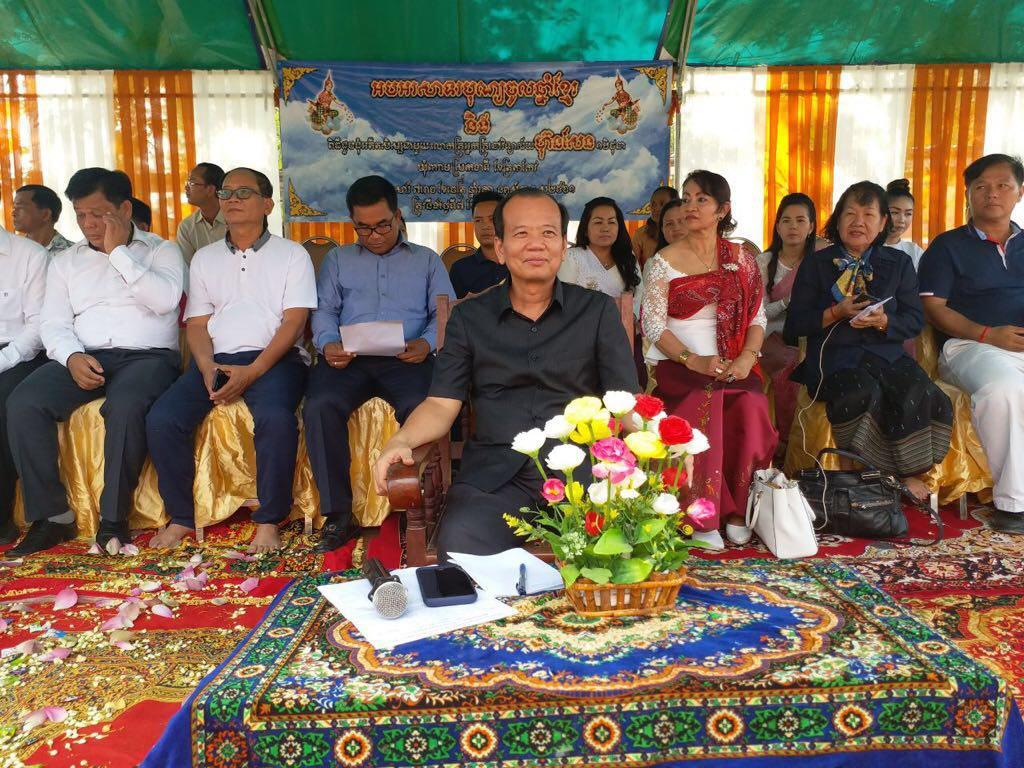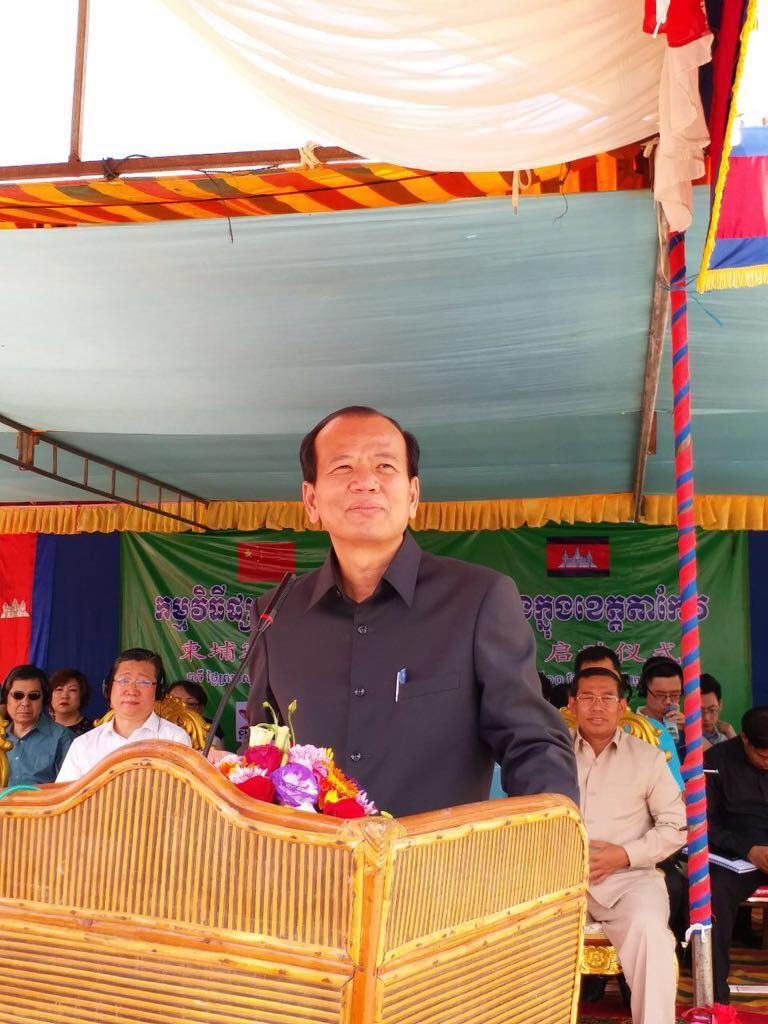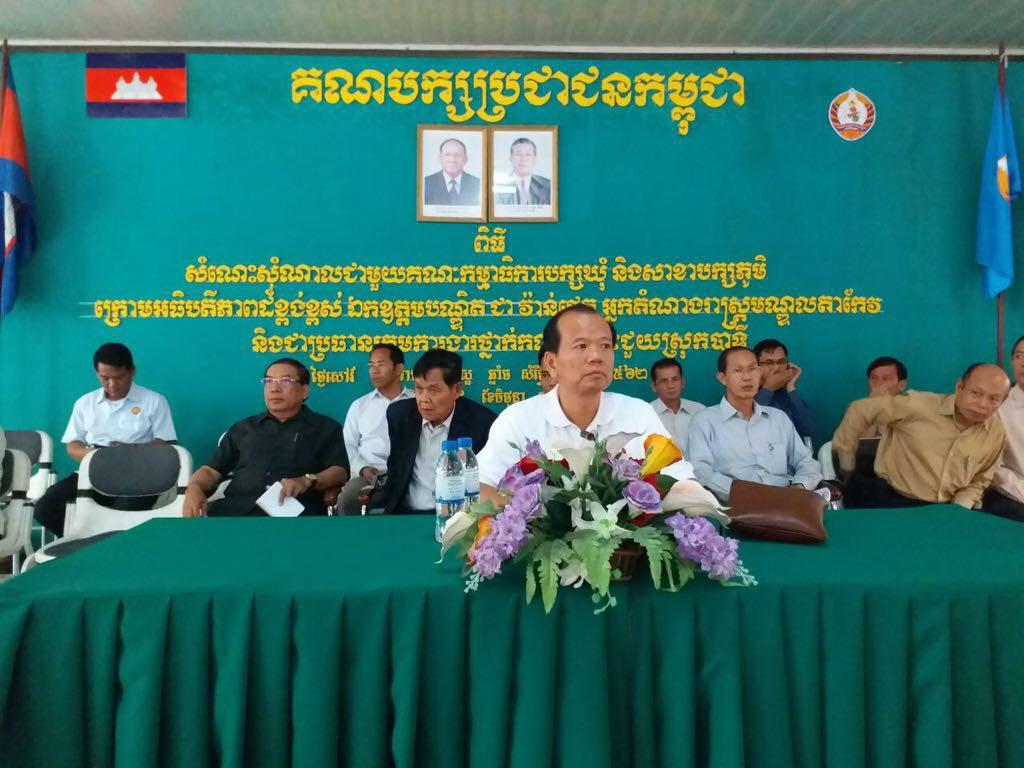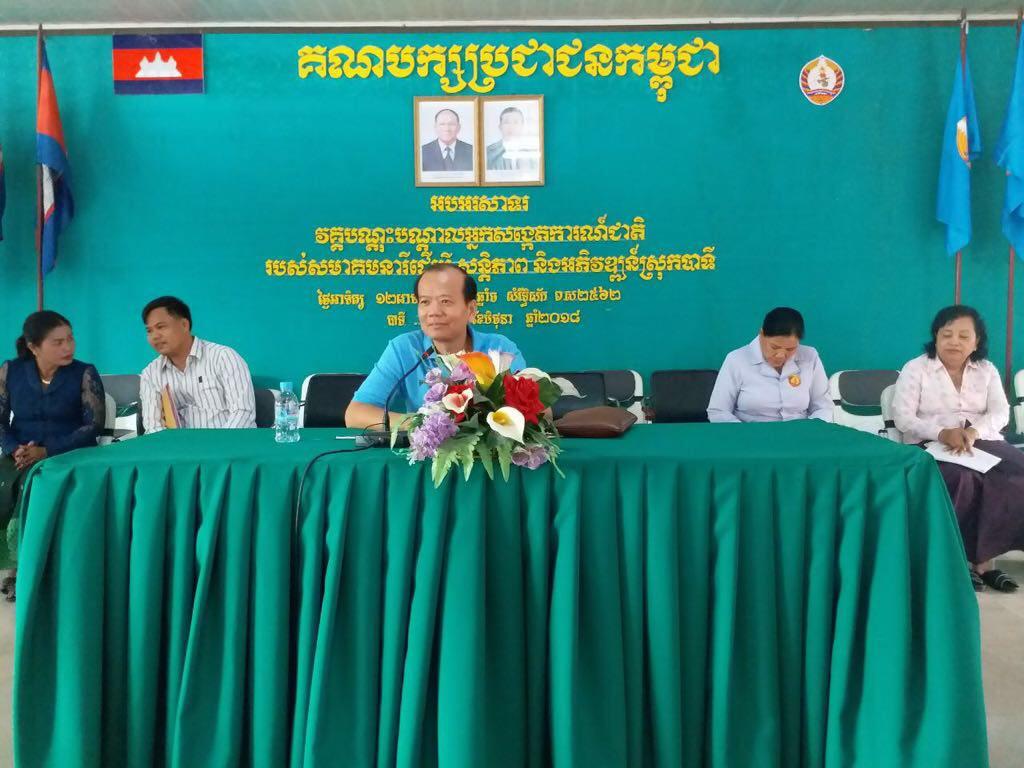Phnom Penh (FN), June 20 - Over the past decades, the relationship between Cambodia and Japan has been peaceful and prosperous. This relationship was created due to historical factors, Japan’s notable contributions towards the security and the development of Cambodia, and also due to the commitment of the leaders of both nations.
After the Second World War, Cambodia announced that it would not claim any compensation for the damages which Japan had caused during the war. The people and government of Japan took this announcement as an encouragement for Japan to restore, build, and promote the standard of living in Japan during the period that they had been experiencing difficulties. This inspiring action expresses the willingness of Cambodia, and in return, Japan has also extended its willingness to assist Cambodia, through its participation of important activities for the promotion of peace and development in Cambodia. In fact, in the effort to unite Cambodia, Japan has played a central role in orchestrating the compromise between the Cambodian Head of State and the trilateral government, especially between Samdech Techo Hun Sen, former Prime Minister of the State of Cambodia, and King Norodom Sihanouk, former Head of the trilateral government. Due to the sincere determination and talented efforts of the Japanese government, the international community was urged to decide on the Paris Peace Agreement in 1991.
In their name as a signatory and coordinator to search for peace in Cambodia, Japan had sent its forces to Cambodia for the first time to assist maintaining the peace, despite the extensive two-year debate that took place in the Japanese Parliament, within the framework of the United Nations Armed Forces. Moreover, Japan intensified its role in the political reconciliation of Cambodia and sent Mr. Yasushi Akashi, former Japanese diplomat, as the Chair of the United Nations Transitional Authority in Cambodia (UNTAC) in order to organise the national election in 1993. Following the 1993 election, Japan has continued its leading role, among many other countries, to restore and develop the social economy of Cambodia through crucial developmental assistance programmes under multilateral and bilateral parties.
Over the last decade, the Japanese government has encouraged Japanese investors to invest and establish production bases in Cambodia. The Japanese government was willing to assist this due to the development, rule of law and peace in Cambodia. As a result, more than two hundred Japanese companies have been operating in Cambodia.
Japan is an Asian country with rational judgment and understanding of political affairs and the development of Cambodia which is different from the approach of the United States or Europe. This is the reason why Japan recognises the reality of the political situation in Cambodia and the efforts of the Royal Government of Cambodia, irrespective of the conviction or persuasion of other political parties or groups. Besides, Japan can comprehend through Japanese businessmen and investors who are satisfied with the investment environment in Cambodia without any distractions or security risks.
Japan acknowledges the electoral process and system in Cambodia, where no party could falsify, especially when the electoral system is supported by Japan through the provision of technological infrastructure to serve voter registration. Therefore, the allegation of the opposition party alleging that the National Election Committee (NEC) or the Cambodian People’s Party (CPP) had stolen ballots is a complete manipulation and fabrication of the fact. Indeed, two weeks before the events of Veng Sreng Road in early 2014 took place, ambassadors of three countries, including Japan, had notified the Royal Government of Cambodia of the plan of demonstrations that might lead to bloodshed, so the Royal Government could devise measures to avoid this tragedy. Contrary to the actions of the three countries, including Japan, several NGOs and countries including countries that conspire with the opposition leaders condemned the Royal Government for using violence against peaceful protestors. In reality, however, the protestors were equipped with weapons, knives, blades, gasoline, etc. As Japan was fully aware of this situation, would Japan believe the protestors?
So far, Japan has a clear understanding of the current political environment and process of the rule of law in Cambodia, and it is clear that the measures taken by the Royal Government are legal actions in accordance to legal principles. The arrest of Mr. KEM Sokha and the dissolution of the CNRP are clear cases of the implementation of laws to maintain peace and social order, in which Cambodian citizens are currently enjoying.
The protests of a small group of people in some countries do not represent the will of all Cambodian citizens in Cambodia and abroad, nor do they influence Japan's common sense and decision to support the democratic process in Cambodia. Thus, Japan will not abandon Cambodia.
By H.E. CHEA Vandeth, Member of the Parliament of the Cambodian People Party for Takeo Constituency
Phnom Penh, 20 June, 2018
=FRESH NEWS








